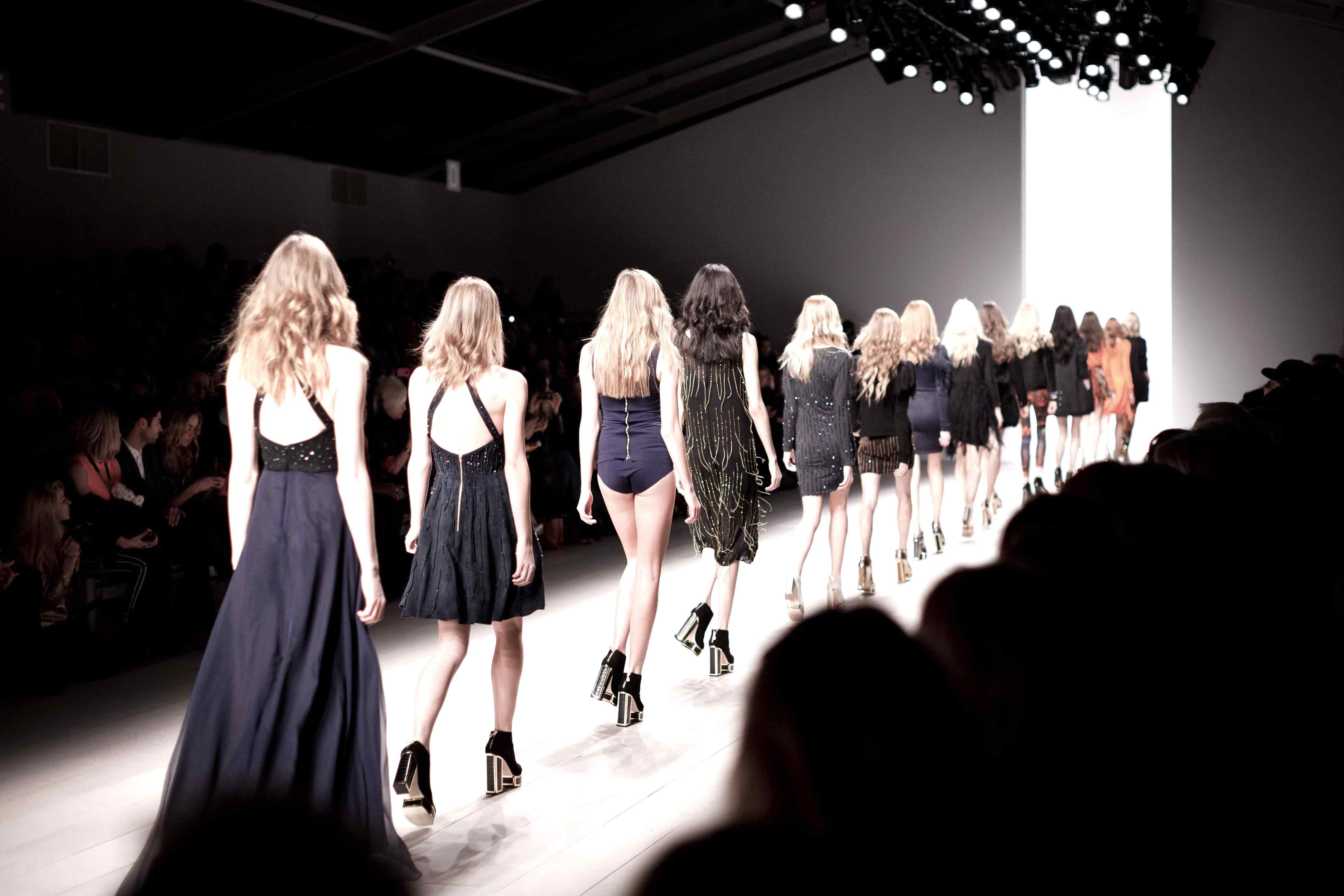Fashion shows: beautiful events where a variety of people come together in order to celebrate fashion. Unfortunately, very few people realize the amount of legal work that needs to go into their organization in order for them to run smoothly. Whether you are organizing a fashion show or taking part in one, here are 5 legal aspects of a runway show you simply cannot ignore.
Of course, please take this as legal information and not legal advice. If you have any questions regarding the legal aspects of running a fashion show or participating in one, send me an email at info@artylaw.ca.
#1 Lease for location
Whether you are the one organizing the fashion show or the one providing a space for it to happen, you need to make sure a lease is signed. Such a document should address the duration of the lease, what will be included in the price, as well as clauses regarding liability insurance and necessary permits (such as alcohol permits).
#2 Music licences
If you plan on playing music during the fashion show, you should be making the necessary steps in order to get proper authorization to play music. Where do you need to get that authorization from? Copyright collectives. Both SOCAN and Re:Sound have tariffs for the use of music during fashion shows, so make sure you take care of that in time for your event.
#3 Sponsorship
Sponsorship agreements can be extremely beneficial for both parties if they are properly negotiated. There are two types of sponsorships: in-kind or paid. If you go for the first option, your agreement should include clauses regarding quantity, nature of the sponsorship, quality control, and the delivery of the products. If you go for a paid sponsorship, you will want to add in clauses regarding payments terms.
In any case, if the sponsorship includes advantages such as free tickets, that is also something you should not leave out of your written agreement.
Finally, whether you are the sponsor or the person being sponsored, you want to make sure the marketing side of your agreement is well defined. What kind of exposure will the sponsor be getting? How big will the logo be on your publications? Will you have different sponsorship tiers (which most likely means a different type of exposure for every category of sponsor)? Your sponsorship agreement should at least answer these questions.
#4 Insurance
If you are renting a space, chances are the owner of the location will ask you to have liability insurance (as mentioned earlier in this blog post). However, if you are organizing a fashion show, you should consider getting an insurance that will also cover equipment, clothing, and more. Some insurance companies now offer insurance packages specifically for fashion shows, so that is definitely something you should be looking into.
#5 Contracts with designers, models, and other contractors
Depending on how your fashion show is set up, you will need to have contracts with a variety of individuals such as designers, models, photographers, PR agencies and other contractors. If you are participating in a fashion show, make sure the agreement you are provided with (or the one you are providing, if you have your own service agreement) allows you to retain control over your work and your brand.
If you are a designer, you should be fully aware of how your logo and name will be used, whether or not the fashion show will be filmed, if you can use that video or photos that were taken on your own social media platforms, etc. If you are a photographer, make sure the organizer of the fashion show has thought about model releases, but also that the use of your photos is delimited in the contract you are signing.
If you have any additional legal questions you would like to ask me regarding fashion shows, do not hesitate to send me an email at info@artylaw.ca or click on the link below to schedule a consultation.

